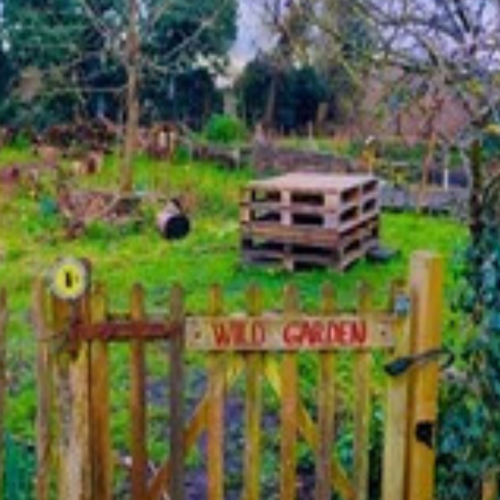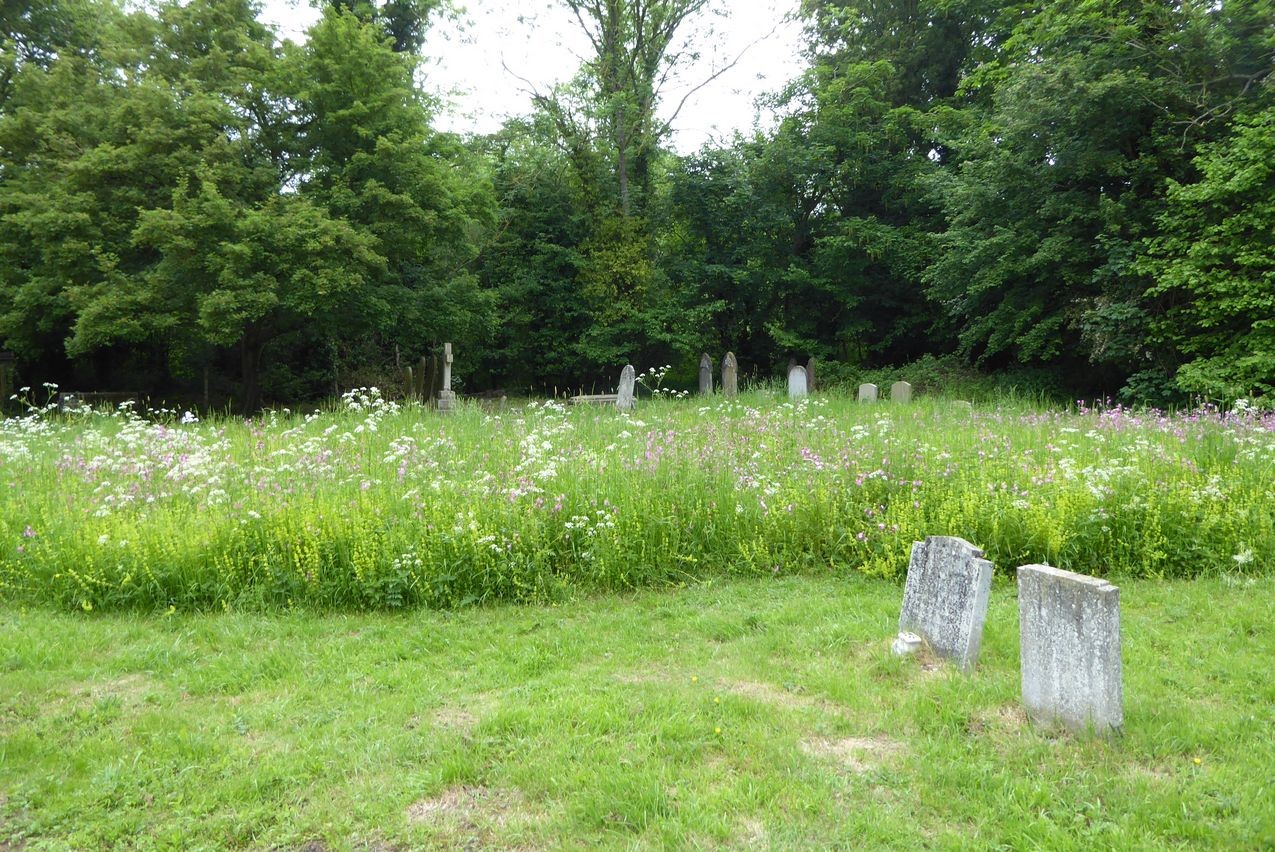 Churchyards which are appropriately managed can provide a haven for wildlife. Many churchyards are surviving fragments of meadow unaffected by modern management regimes and serve as island refuges for local wildlife, including birds, butterflies, bees, hedgehogs and slow-worms to name a few. Churchyards are also particularly noted for the wide variety of mosses and lichens which can be found on old stonework.
Churchyards which are appropriately managed can provide a haven for wildlife. Many churchyards are surviving fragments of meadow unaffected by modern management regimes and serve as island refuges for local wildlife, including birds, butterflies, bees, hedgehogs and slow-worms to name a few. Churchyards are also particularly noted for the wide variety of mosses and lichens which can be found on old stonework.
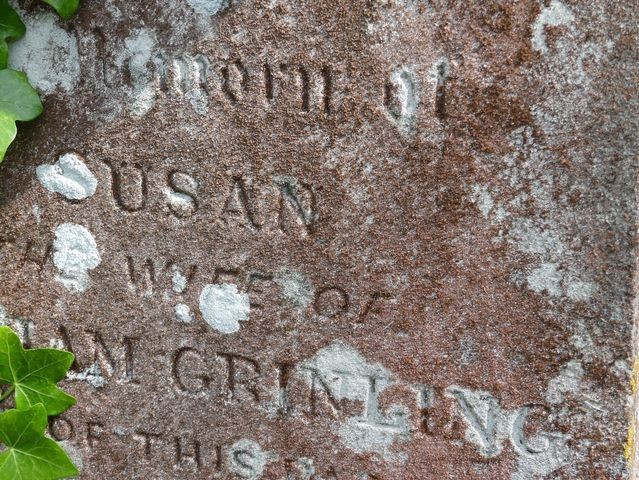 |
Here are a few ideas to make your churchyard a wildlife haven:
|
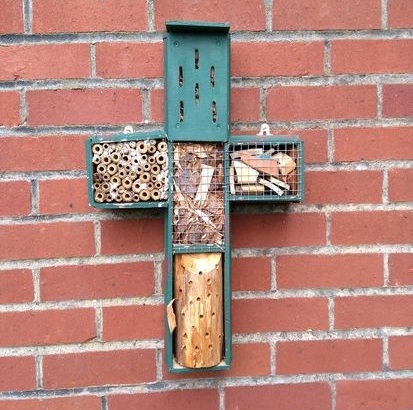 |
Contact
Please do email the Diocesan Environment Officer for more information.
 To receive regular updates please follow the Diocese of St Edmundsbury & Ipswich Environment group on Facebook.
To receive regular updates please follow the Diocese of St Edmundsbury & Ipswich Environment group on Facebook.

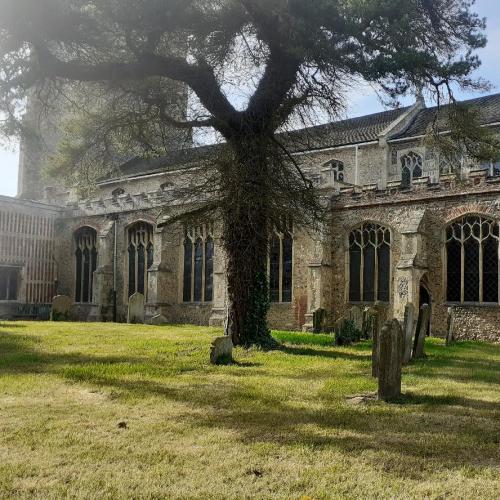

_1678117913.png)
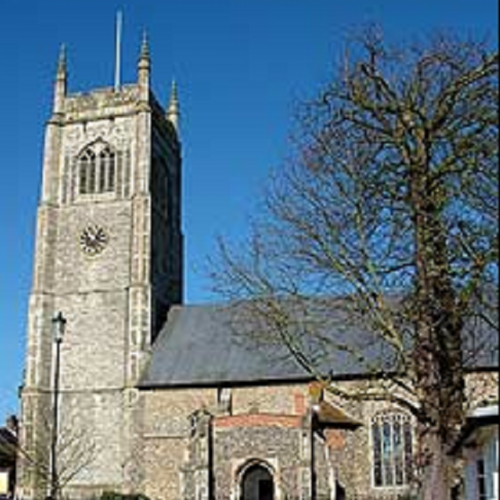
_1678104488.png)
_1678104543.png)
_1678104347.png)
